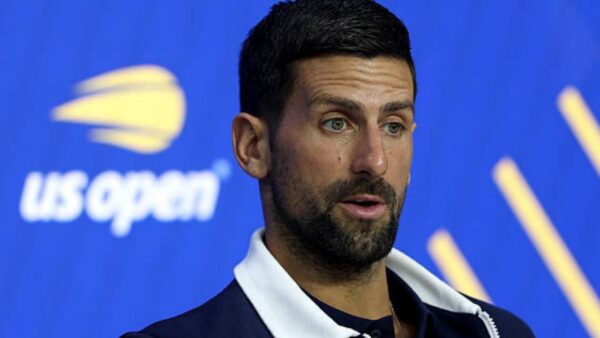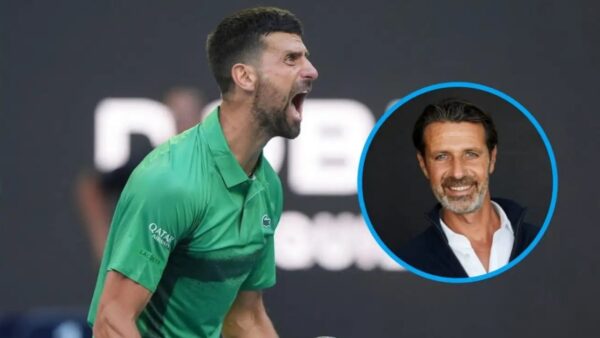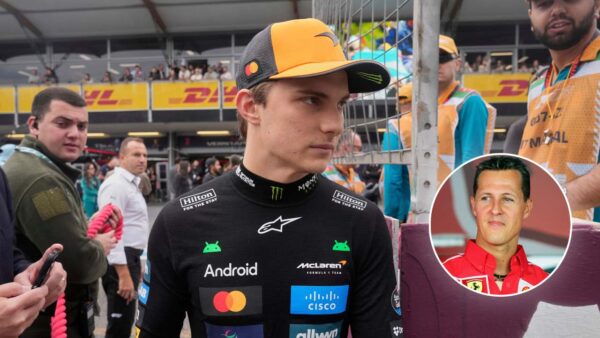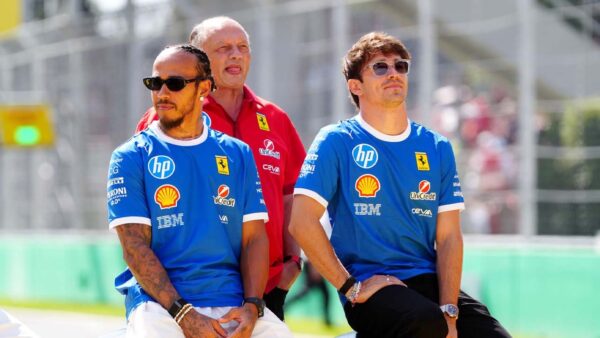5 Champions League winning teams you may not have heard about

🔍 Explore this post with:
Winning the Champions League is no easy task. If we take a look at the past winners, they have all been absolutely humungous teams with hundreds of millions of dollars in cash available to improve their teams. But sometimes, we gain teams who although don’t win the entire competition, win our hearts and our love.
However, they take it a step further and win the whole competition, surprising everyone -even themselves- in the process. So today, we will take a look at 5 such teams who won the Champions League against all odds and etched their name forever in the great books of footballing history.
5. Celtic (Champions League 1966-67)

The 1966-67 Celtic squad were the first champions from the British Isles, as they had a magical season that resulted in five trophy wins, i.e., a pentuple. The most important trophy was the European Cup (1900s version of the Champions League), as they beat Inter at the Estadio Nacional in Lisbon.
Steve Chalmers scored the goal that put the Glasgow club ahead in the 85th minute and they surprised everyone by defeating heavy favorites and Italian champions Inter Milan 2-1 in the final. The win by Celtic was the first and only time that a Scottish club won the Champions League, and it may be quite some time before that happens again.
4. Steaua București (Champions League 1986)

Steaua beat Vejle, Honvéd, Lahti, and Anderlecht to get to the Seville final, but was considered rank outsiders in their opponents’ home country. Ștefan Iovan, who stood in for suspended captain Stoica, recalled: “People were telling us we didn’t have a chance, but we weren’t scared at all, because we had formed a team with real personality.” He added: “Ienei said, ‘Wouldn’t it be a pity not to take the trophy having reached the final’, knowing the chance might never come again.”
Steaua neutralized Barcelona brilliantly, the crowd’s anxiety playing on Barcelona manager Terry Venables’ team as the game wore on. “The atmosphere was fantastic – against us, of course – but sometimes a hostile atmosphere makes you feel even stronger,” Duckadam said. The goalkeeper, of course, proved unbeatable.
The final was an endurance test. Scoreless after 120 minutes, Steaua won 2-0 on penalties after GK Helmut Duckadam famously saved all four Barcelona spot-kicks. UEFA.com has rightly called this team from Romania a true ‘Golden Generation’.
3. Hamburger SV (Champions League 1983)
Now banished to the depths of 2. Bundesliga, Hamburger SV were once a force to be reckoned with. They were a dominant force back in the early 1980s, even winning the Champions League in 1983.
To the surprise of many, Ernst Happel’s men took the game to the Italian champions Juventus from the opening whistle in the final, and Juventus just couldn’t seem to get it into gear. It took just eight minutes for Hamburg to get the breakthrough they were looking for.
Perhaps with something to prove after having been left on the bench by West German coach Jupp Derwall in Madrid a year earlier, Magath, would be the hero of this night. Playing on the left of central midfield, he took a pass from Jürgen Grohe, his partner on the right, and approached Zoff’s area.
Recognizing what Magath was contemplating, experienced Roberto Bettega, playing in his last match before leaving the club, unleashed a beautiful pass to Felix Magath.
Magath then strolled past him and after a step or two he really did let it rip – a screamer from just outside the box and into the top corner to a surprised Zoff’s left. A few minutes later Manfred Kalz was unlucky not to make it 2-0, and Magath could easily have had another himself, later in the match.
Juventus really started to try to go at Hamburg at the start of the second half, but Rossi, Juventus‘ striker and the man who had won the golden boot in Spain a year earlier, was ineffective, suffering not just from a goal drought, but also getting caught offside on more than one occasion. In fact, Trappatoni so disliked what he saw, that he subbed off the star striker 11 minutes into the second period. Then, it was a dull game and Hamburg was the champion of Europe after 90 minutes.
2. Red Star Belgrade ( won the Champions League in 1991)

In 1987, Red Star Belgrade laid down a five-year plan with one goal in mind: to win the European Cup. It was an ambitious target for any club at the time, let alone one located in what was then known as Yugoslavia.
As the region found itself engulfed in bitter conflict, Red Star somehow remained focused and assembled one of the most under-rated squads in football history.
Red Star won four successive domestic titles before finally realizing their dream of European glory in 1991. Red Star was far from a one-man team, however, with quality spread across the pitch. Marseille, the Galacticos of that era, awaited them in the final. With all that in mind, Petrovic made the bold decision to switch his side’s style of play. It was hardly surprising, then, that the game went to penalties.
After Manuel Amoros failed to convert Marseille’s first penalty, Red Star kept their cool and calmly slotted home all of their efforts, with Pancev, fittingly, the man to fire his team to the title they had set out to win four years prior.
With the club’s first-ever European Cup now in their hands, Red Star’s bold five-year plan had remarkably come to fruition a year ahead of schedule, and though Petrovic’s side would be quickly picked apart by Europe’s richest clubs inside a year, what they achieved in 1991 should and will never be forgotten.
1. Nottingham Forrest (Champions League 1979 & 1980)

Nottingham Forrest is one of the only English teams to win back-to-back Champions League titles. They won the title in 1979 and 1980 back to back. They had a very well-balanced squad at that time.
The 1979 European Cup Final match was held at the Olympiastadion, Munich, on 30 May 1979. Trevor Francis scored the only goal of the match, as Nottingham Forest of England defeated Malmö FF of Sweden 1–0 to become European champions for the first time in club history. The win represented a third successive victory for an English side in the European Cup, after Liverpool’s victories in 1977 and 1978.
The 1980 European Cup Final was held at the Santiago Bernabéu Stadium in Madrid, Spain on 28 May 1980, to determine the winner of the 1979–80 European Cup. The final saw defending champions Nottingham Forest of England defeat favorites Hamburg of West Germany, featuring 2-time Ballon D’Or winner Kevin Keegan, by a score of 1–0.
In the 21st minute, John Robertson squeezed a shot past Hamburg keeper Rudi Kargus for the only goal of the game, and Forest then defended solidly, to give Nottingham Forest back-to-back European Cup titles.
Also Read: Champions League Final vs Super Bowl: which was the most-watched sporting event?







